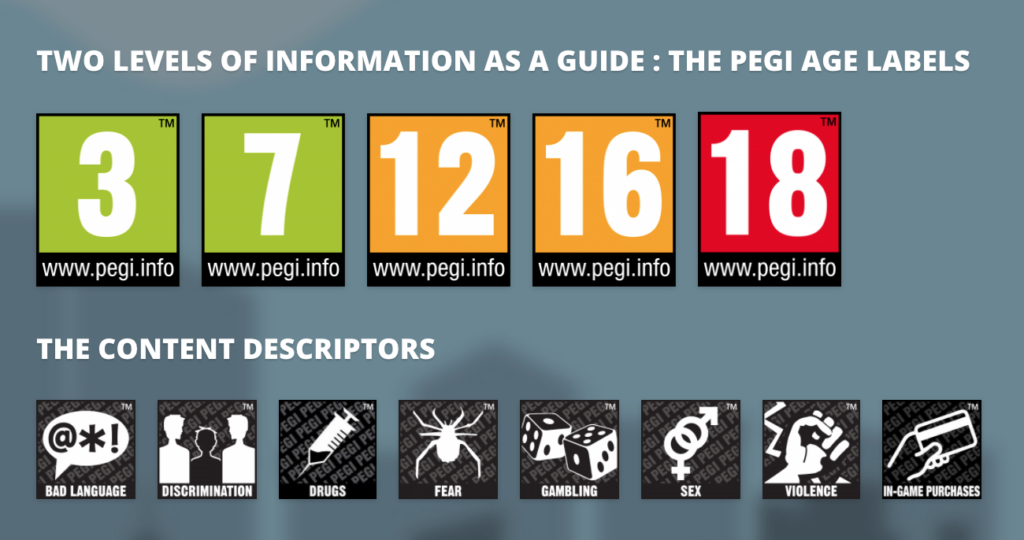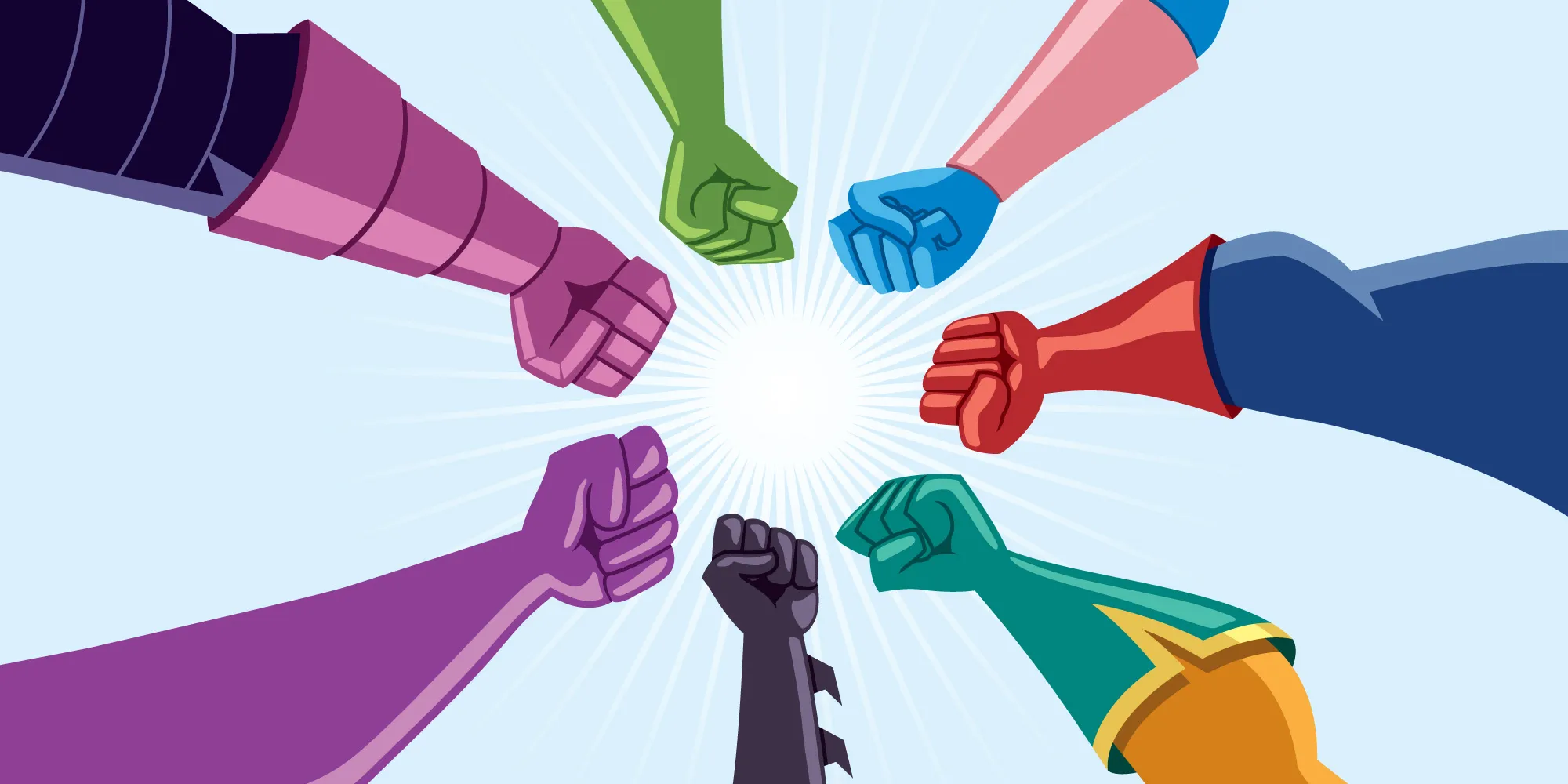Ethical Dilemmas: Addressing Violence and Realism in Game Development
The depiction of violence and weaponry raises complex ethical dilemmas that developers must navigate with care and consideration. From age ratings and cultural sensitivities to societal impact and player engagement, the inclusion of weapons in games sparks discussions about the moral responsibilities of game creators and the potential effects on players. This article delves into the multifaceted ethical considerations surrounding violence and realism in game development, exploring how developers grapple with these issues while striving to create compelling and responsible gaming experiences.
Age Ratings and Content Warnings
One of the primary ethical considerations in game development is ensuring that games containing depictions of violence and weaponry are appropriately labeled and rated to inform players and parents about the content. Game rating systems, such as the Entertainment Software Rating Board (ESRB) in North America and Pan European Game Information (PEGI) in Europe, provide guidance on age-appropriate content and help players make informed decisions about which games are suitable for them or their children.

Cultural Sensitivities and Representation
The depiction of violence and weaponry in games can also raise cultural sensitivities and ethical concerns, particularly when it comes to representing real-world conflicts, historical events, or marginalized communities. Developers must tread carefully when portraying sensitive topics and ensure that their depictions are respectful, accurate, and free from harmful stereotypes or misrepresentations that could perpetuate harmful attitudes or behaviors.

Player Engagement and Desensitization
Another ethical dilemma associated with violence in games is the potential for desensitization and normalization of aggressive behavior among players, particularly younger audiences. While many studies have examined the relationship between video game violence and real-world aggression, the impact of prolonged exposure to violent content on players’ attitudes and behaviors remains a subject of debate and ongoing research. Developers must consider the psychological effects of violence in games and take steps to mitigate potential harm while still providing engaging and immersive gameplay experiences.
Responsible Game Design and Player Choice
Responsible game design involves balancing the inclusion of violence and weaponry with ethical considerations and player agency. Developers can empower players to make meaningful choices about how they engage with violence in games, such as offering alternative gameplay options, moral dilemmas, or consequences for violent actions. By providing players with agency and accountability, developers can encourage thoughtful reflection and critical engagement with the ethical implications of their in-game actions.

Social Responsibility and Industry Accountability
As creators and stakeholders in the gaming industry, developers also have a social responsibility to address ethical concerns surrounding violence and realism in games. This includes promoting diversity and inclusion in game development, fostering open dialogue with players and communities, and supporting initiatives that promote positive social change and responsible gaming practices. By actively engaging with ethical issues and advocating for responsible game development, developers can help shape a gaming culture that prioritizes ethics, empathy, and respect for players and creators alike.
Read about also: Strategic Depth: Balancing Weapon Variety and Balance in Game Development.
Conclusion: Navigating Ethical Waters in Game Development
Addressing the ethical dilemmas associated with violence and realism in game development requires careful consideration, collaboration, and ongoing dialogue among developers, players, and stakeholders. By prioritizing player safety, cultural sensitivity, responsible game design, and industry accountability, developers can create gaming experiences that entertain, inspire, and challenge players while respecting their values and ethical boundaries. Ultimately, by navigating these ethical waters with thoughtfulness and integrity, developers can help shape a gaming landscape that fosters empathy, inclusivity, and positive social impact for players around the world.



